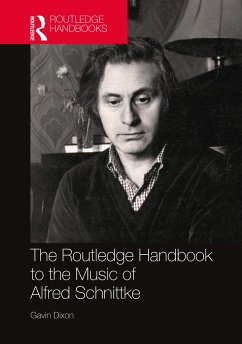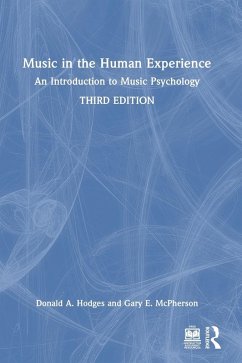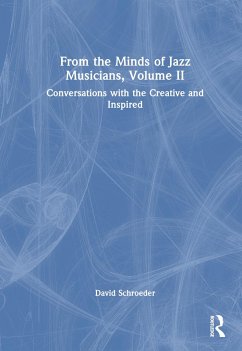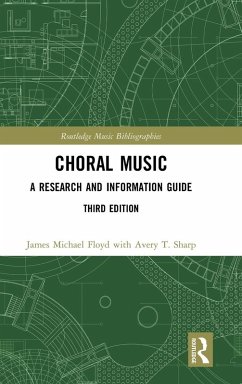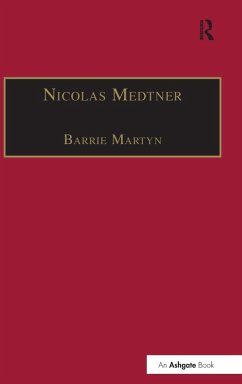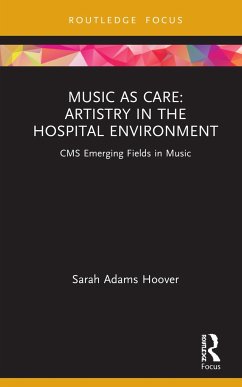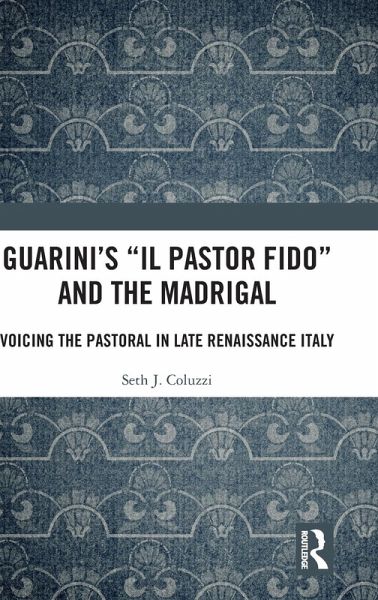
Guarini's 'Il pastor fido' and the Madrigal
Voicing the Pastoral in Late Renaissance Italy
Versandkostenfrei!
Versandfertig in 1-2 Wochen
169,99 €
inkl. MwSt.
Weitere Ausgaben:

PAYBACK Punkte
85 °P sammeln!
This book explores what happens when a lover's lament is transplanted from the theatrical stage to the courtly chamber, from speech to song, and from a single speaking character to an ensemble of singers, shedding new light on early modern literary and musical culture.





